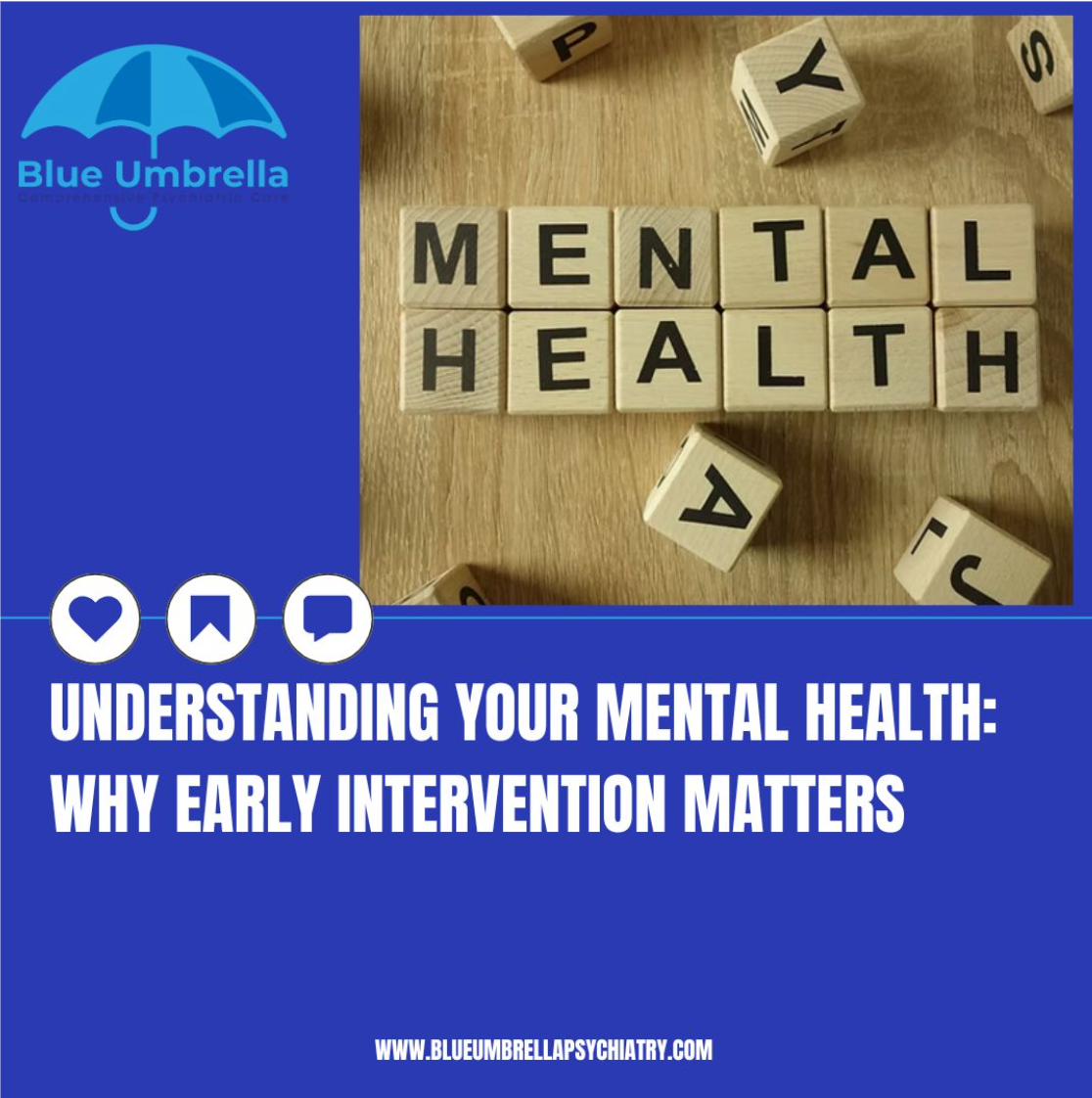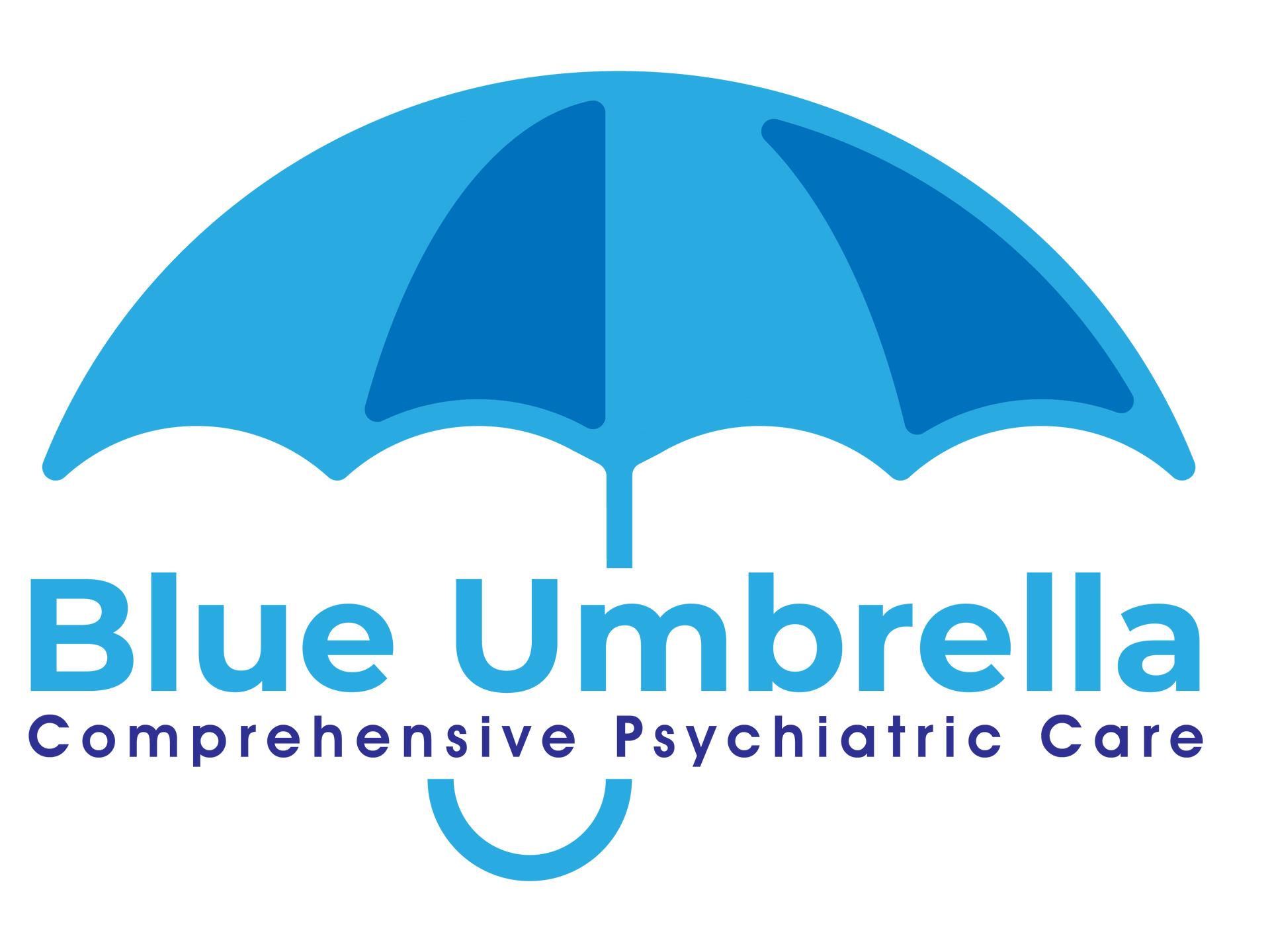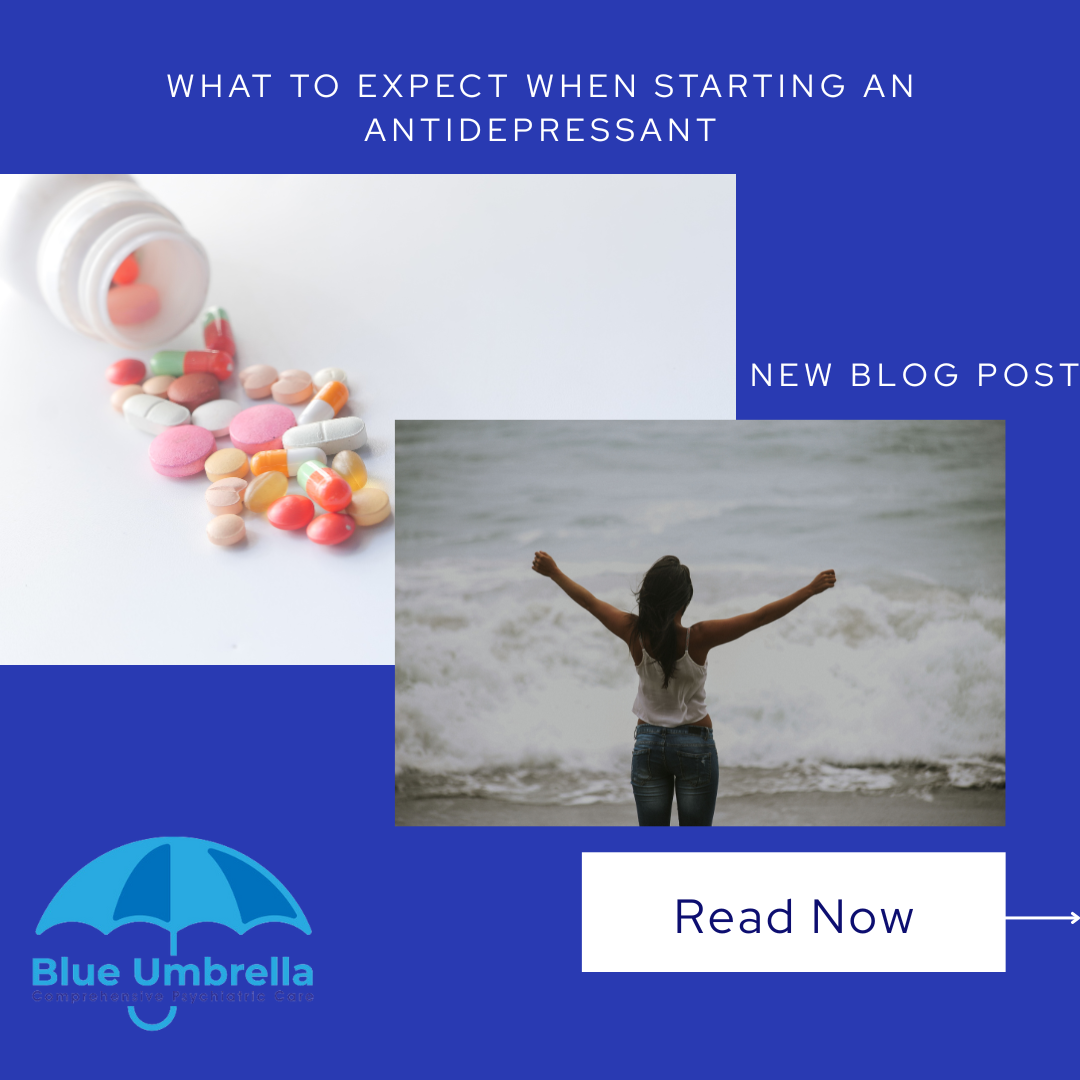
At Blue Umbrella Psychiatry, we believe that early intervention is key to long-term success in mental health treatment. Just as you wouldn’t ignore a physical illness, mental health conditions deserve immediate attention. Recognizing signs early and seeking help can lead to better treatment outcomes, reduce the severity of symptoms, and help you maintain a high quality of life.
What Does Early Intervention Look Like?
Early intervention involves recognizing and acting on the initial signs and symptoms of mental health issues before they escalate. For instance:
- If you notice persistent feelings of sadness or irritability, it could be a sign of depression.
- Constant worry, restlessness, and trouble sleeping might indicate anxiety.
- Sudden mood swings, irritability, or difficulty concentrating could be early signs of bipolar disorder.
Ignoring these signs may lead to more complicated conditions that take longer to treat and often require more intensive care. By addressing symptoms early, you can engage in treatments such as psychotherapy, medication, and lifestyle changes, which can significantly reduce the risk of these conditions worsening.
Benefits of Early Intervention
- Preventing Escalation: Small symptoms can turn into more disruptive and harder-to-treat conditions if left unaddressed.
- Quicker Recovery: Early treatment typically results in faster recovery and fewer relapses.
- Improved Long-Term Outlook: Treating mental health issues at an early stage can prevent chronic conditions and lead to a more fulfilling, balanced life.
If you or someone you know is noticing these early symptoms, Blue Umbrella Psychiatry is here to help. Don’t wait until symptoms worsen—schedule an appointment today by calling 954-341-5215.
Please share this blog with anyone who could benefit from early mental health care.













